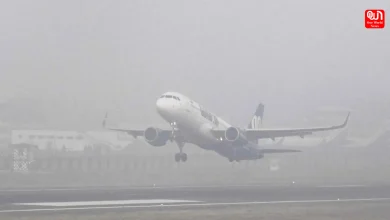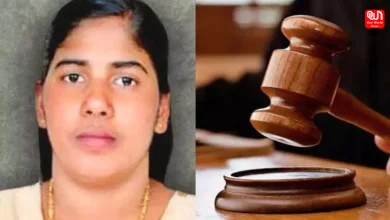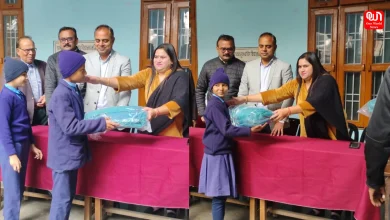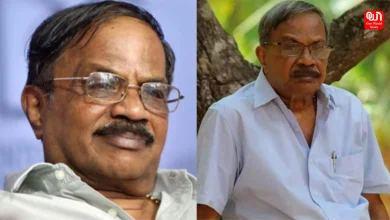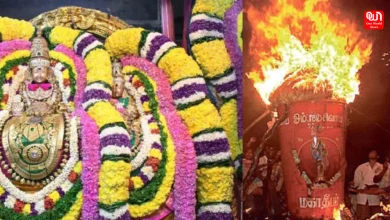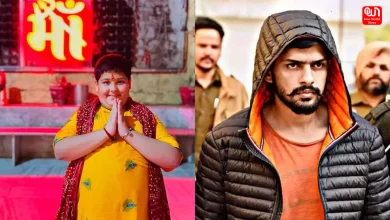Free Speech and the Right to know:
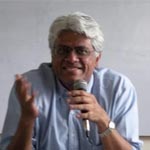
Free Speech and the Right to know:
At Bethany Society, Shillong an interactive discussion on Free Speech and the Right to Know: the media in time of conflict was conducted with eminent senior journalist Mr. Sukumar Muralidharan. The session was supported by Thma U Rangli Juki, Shillong Press Club and Action Aid, guwahati office. It was based on the recent ruling by the Meghalaya High Court order, which criminalizes reporting on activities of criminal organization and publishing statements of particular militants groups to be operating from the territory of the neighbouring state.

It highlights the challenges of trying to understand the terrain journalist work from on the principles of freedom of the press, speech of the press and its effects on the people of a sovereign state.” it’s citizens have the right to information. In the North East, Assam is the one of the most difficult to report a wholesome picture in the field. Within the last 25 years or so due to the curious nature of conflict in the area” outlines Mr. Muralidharan. The last seven years, there has been an increase in activism whenever the journalistic duties were threaten.
In Meghalaya, the recent ruling by the Meghalaya High Court after its creation within the last two years has brought some strain relationships. The media and the judiciary as a whole is based on a basis of it’s public service it serves as unbiased and ethical. It is a medium for the authorities to come to know on the various public opinion’s.

In this context, the role of the media with the bandh called by any ban organization’s under the lawful activities act which was adopted in 1964. Under this act, the rights can be entail on grounds of unity of the country. Mr. Muralidharan mentions “It is interesting how overtime, the media has the right to respect the bandh call but does the media have the right to suppress the call. There is a public interest where the readers of the publication, should be able to make inform decisions. Aren’t the media obligated to make those decision, without taking a partisan position whether it is justified or not?”
“It is the fundamental right to take all points of view about the fear psychosis that exist and what necessary steps are needed to be taken to present both views. The problem however arises with the authority when they realize, the symmetry, the link. In the media, the symmetry exist. It is the readers, that make a decision on calculated assumptions based on their hearing of their safety.” he asserts. “The judgement does not stand to the interest of the media person as one is obliged to let the public make up their own mind what it wants to do subsequently”. According to Mr. Muralidharan

The judgment in Meghalaya, the operative of the bandh calls, it has had economic effects on the state of Meghalaya. The judges of the Meghalaya High Court took cognizance of this and felt an intrusion on the rights of the people to move freely has been restricted. The issued is also based on a ruling of the Kerala High Court in 1998. It held the bandhs are unconstitutional to be called and are infringement of rights of citizens. So like in Meghalaya, media publications that give publicity to this intent should exercise restraint. They would be liable for criminal prosecution and also prosecute other sector of industries such as hospitals, merchant shops, taxis owners and such. Even the government employees who are absent, it retains the power to prosecute them too. “It is a violation of fundamental human rights and it curtails on issues of right of expression.” pointed out Mr. Muralidharan
“The Gandhi freedom struggle was the permutation of the Empire. If any person has grounds of dissent of the sovereign power. He has the ability to withdraw the consent. In the real world, how does one differentiate from a bandh and strike? One is set to follow inline and the other is a voluntary action. However in theory it is easy to differentiate but in reality how do you differentiate how it starts and how it ends.” reminded Mr. Muralidharan

The recent bandhs within the state, the general public had sympathize with the recent calls and on the basis of sense of fear of well-being they limited their stepping out of their homes. According to Mr. Muralidharan it addresses a different realm of how to impose those ruling. There is no clarity in the High Court ruling and the implications in Kerala after fifteen years, it still has bandhs declared. The practicality of implementation are virtually questionable.
However as independent individuals of a civil society. There are needs for certain restraints of a civilized order. Mr. Muralidharan points “The rights of civil order is an issue, where unrestraint liberty of a sound bias where every citizen should be able to influence the actions and policies of the government. The government should be responsible to the perceptions of gaining the trust of its citizen who had elected them. The Sovereign has to respect the aspiration of its people they express, to hear and to take note of it’s voices. A liberty, to be part of a social organization and to interact with the public.”
Therefore the media is an important platform to which the public expresses it views to the institute of governance and judiciary. Unless there is a harmonious contested relationship of mutual respect as a means through which the public understands the rules of governance and also the functions of the judiciary . There can be a mutual understanding of propagating liberty in a civilized society.


